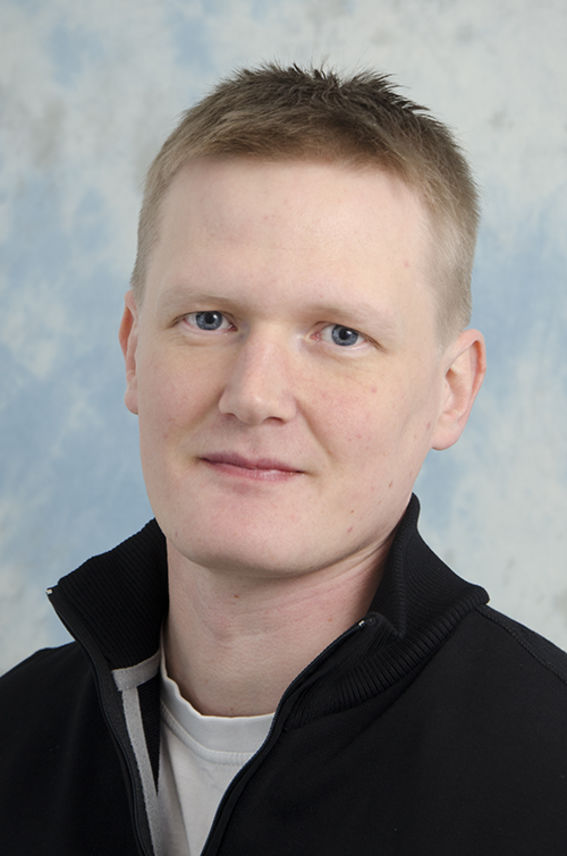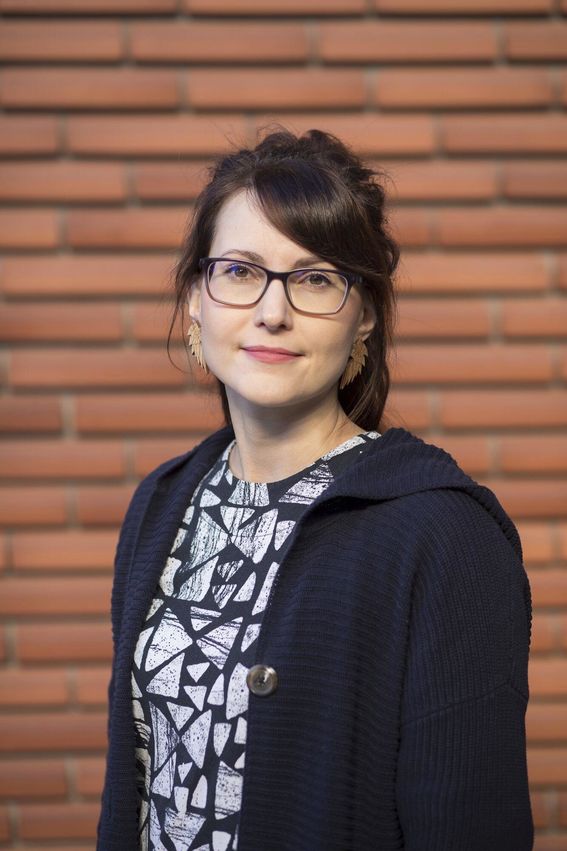New Academy Research Fellows explore the changes in work and society, and how the pandemic may affect them
The Research Council for Culture and Society of the Academy of Finland has granted funding to two Aalto Academy Research Fellows for a five-year period of 2020–2025. Pasi Nevalainen examines changes in the business operations of state-owned companies. During exceptional situations, the role of state-owned companies gains particular emphasis, such as in the manufacture of essential protective equipment and in decisions granted by the state to support its companies. Johanna Ylipulli studies digital inequality, which also affects remote work and contacts with family and friends during exceptional situations.

‘The project will examine changes in the basic characteristics of economic activities carried out by the state and the significance of government ownership of companies. Should a state-owned company maintain a manufacturing capacity that is not worth maintaining under normal circumstances? A public debate has arisen on matters such as respiratory protective equipment, as its manufacture was moved away from Finland in the past’, says Pasi Nevalainen.
Nevalainen analyses long-term changes in the state's business operations in Finland and internationally. It can be questioned to what extent state-owned companies from countries like China are comparable to European or Finnish state-owned companies. Nevalainen also examines the changes from the perspective of history. The significance of state ownership, the way in which companies operate and their environment have changed dramatically over the past few decades, yet general perceptions on the characteristics of the state’s business operations are still based on the models of the 20th century.
Recently, the role of the state in the economy seems to have become more pronounced again.
‘In a pandemic situation governments are very generous in supporting the activities of state-owned companies, such as airlines. Finland is also dependent on air and transport connections, which affects the decisions’, says Pasi Nevalainen.
‘We have now seen how the state has intervened in the business operations of different companies. The effects may also be permanent, the longer the exceptional situation continues. Without a clear exit plan, the support systems may take a life of their own. In this case, the state may have to take over failing companies, start new production itself, or form more permanent support schemes.’

Importance of digital skill level
Johanna Ylipulli's research combines cultural and social sciences with information technology research. The first objective is to understand digital inequality particularly in smart urban areas and, in general, in a society that is becoming more digitalised. Ylipulli aims to find out how this inequality could be simultaneously reduced and prevented. Her aim is to produce ideas, concepts and practical applications.
‘The situation with coronavirus has emphasised the importance of research, as almost everyone has now relied on accessing the internet. The level of digital competence affects everyday life and access to information, work and how well you can keep in touch with family and friends’, says Johanna Ylipulli.
Digital inequality is a complex phenomenon that may be affected by factors such as the economic situation, educational level and gender.
‘Age matters, too, but at the same time, there is a lot of variation within the age groups. The project focuses on adults over 65 years of age and young adults. In this respect, the purpose of the study is also to dismantle stereotypes. Older people have not necessarily lost track, and not all young adults are digital natives’, says Johanna Ylipulli.
In Finland, Ylipulli will work in cooperation with the cities of Helsinki and Espoo, for example, through the Urban Academy network. The University of Helsinki's INEQ network (Helsinki Inequality Initiative) is also an important partner. Aimed at developing smart cities, the Finest Twins project will gain expertise in social sciences through cooperation with Ylipulli. Plans for researcher visits to Barcelona and Australia are also under way.
Further information:
Nine new Academy Research Fellows and 18 Postdoctoral Researchers
A study on the incorporation of Posti and Tele
Earlier news on Johanna Ylipulli's study
Pasi Nevalainen
pasi.nevalainen@jyu.fi
Johanna Ylipulli
johanna.ylipulli@aalto.fi
Read more news

Significant donation to boost pavement engineering research and education
Companies and associations in the field have donated €400,000 to the School of Engineering.
Design strengthens industrial competitiveness – human-centered factory work at the core
Factory work is undergoing a transformation: new technologies and artificial intelligence are changing the content and roles of work. Aalto University’s Department of Design is studying this change from a human-centered perspective in the HiFive project.
Learning to slow down: cold-water swimming benefits explored in new study
Swimming in cold water offers a temporal slowdown, promoting stress management and mental clarity that lingers long after the experience, says research from Finland.






